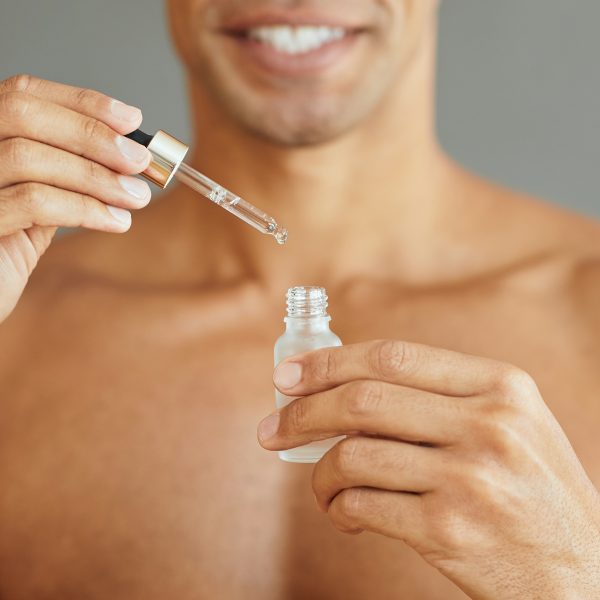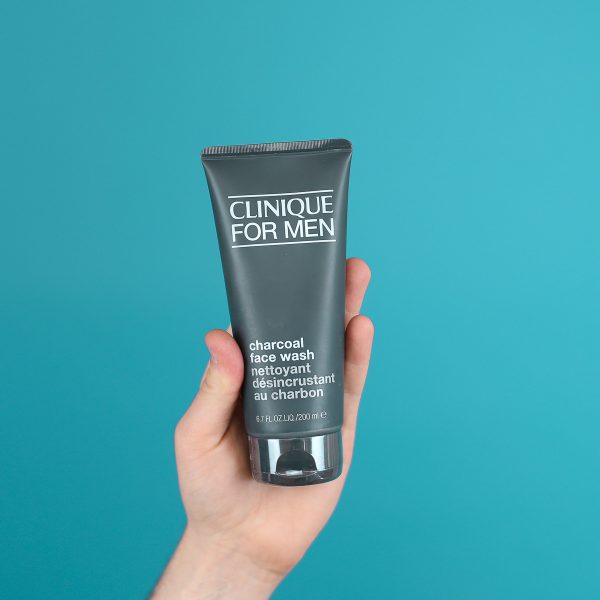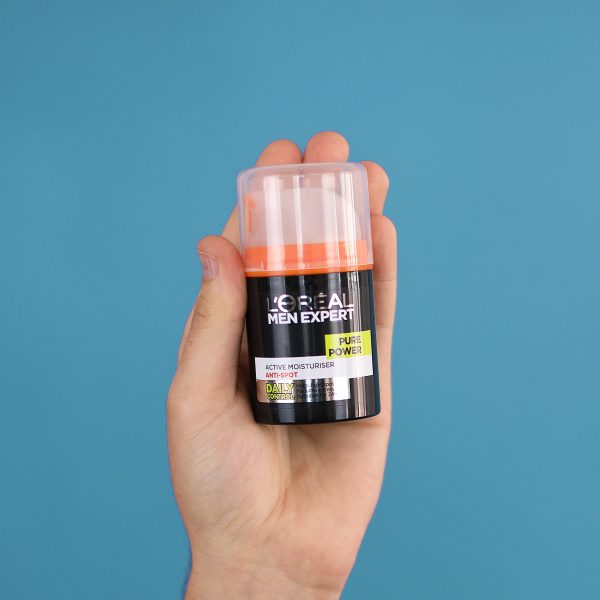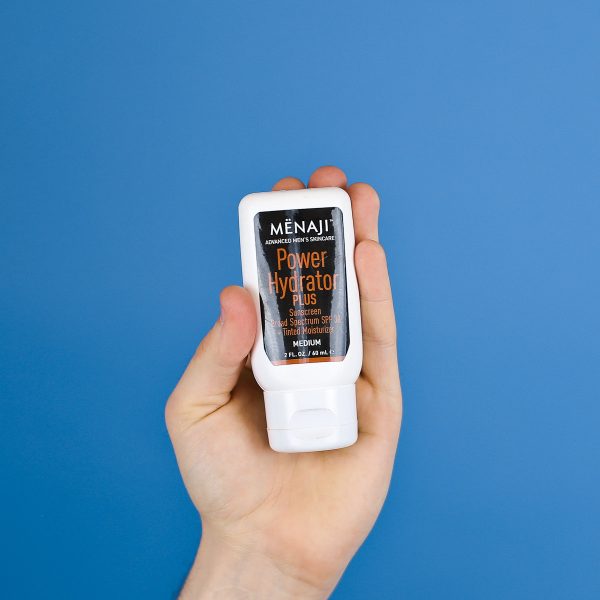
Acne & Spots
What is acne?
Acne is a condition of the skin that causes swellings to appear in areas rich with sebaceous glands.
These swellings can either be pimples, blackheads, whiteheads, sebaceous cysts, inflammatory papules, nodules, or pustules. Although prevalent in teenagers, acne can often be a problem for adults. Acne develops when dead skin cells and sebum blocks hair follicles. As a result, sebum builds under the epidermis causing bumps to appear on the skin.
Products
What causes acne?
- Genetic factors – For a significant portion of the population, acne is caused by genetics. Genetic factors are unfortunately unavoidable but can result in hormonal imbalance or overproduction of sebum
- Hormonal imbalance – This is more common in adolescents. The production of hormones, such as testosterone, can cause the sebaceous glands to produce an abnormal amount of sebum.
- Stress – There is a direct relationship between stress and hormonal imbalances. Emotional or mental problems can manifest in the form of an increase in hormones which cause glands under the skin to produce a large amount of oil. The stress of going through puberty can cause this issue but any major disruptions in life can do the same.
- Medication – Certain medicines can cause hormonal imbalances – resulting in acne.
- Skin Care Products – Certain skin care products can block the hair follicles, producing a build up of impurities – leading to acne.
- Diet – It is known that the consumption of milk and dairy products can increase the chances of developing acne. It has been argued that dairy products contain components that react to testosterone and other hormones which stimulate the production of oil in the skin. It is also worth noting that foods with a high glycemic index (a ranking of carbohydrates on a scale from 0 to 100) can increase the production of insulin in the body, triggering the creation of androgens and in turn the secretion of sebum.
How do you get rid of acne?
- A balanced diet plays an important role in the health of your skin. Studies show that consuming diets rich in healthy fatty acids like omega-3, dietary fiber, zinc, vitamin A, antioxidants and iodine can reduce the occurrence of acne.
- Find a skincare routine that works for you. Try and keep your skin as clean as possible by washing and cleansing twice a day. This will help remove, and prevent the build up, of any impurities.
- There are various over-the-counter creams and ingestible remedies available in pharmacies to help with any acne issues. The success of these products can vary from person to person and therefore it is always important to seek help from a professional, should the problem persist or become severe. Visit your local GP or book a consultation with a dermatologist (skin doctor) for further advice and treatment.






































